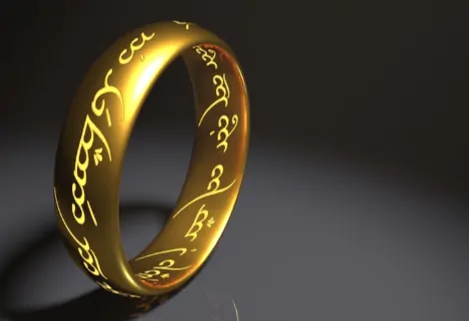Why We Shouldn’t Read the Bible like Lord of The Rings
It was reported in the news last year that we should read the Bible not as history but as allegory. Think, The Lord of the Rings by Tolkien and, less, Mary Beard’s Ancient History of Rome.
Allegorical Monks
Why? Because the fourth century African-born Italian bishop Fortunatianus of Aquileia read the Bible that way. This shows that early Christians understood the Bible allegorically, claimed Dr Hugh Houghton of Birmingham University.
Do we need to rethink our reading of the Bible considering this new research?
Some early Christians certainly did read the Bible allegorically. Medieval mystics had a soft spot for such readings (along with horse hair vests, apparently). Metaphor and stories are found in the Bible, like the parables of Jesus. There are also poetic books in the Bible, like the Song of Songs, and collections of ‘Wisdom’ sayings, like Proverbs, which teach truth but are not recounting historical events.
Accurate Ministers
But, as many scholars have argued, Jesus did treat the Bible’s account of past events as being historically accurate. You can see this in his references to the Queen of Sheba, Elijah, Noah and Sodom from the Old Testament, for example (Matthew 12:42, Luke 4:25-26, Luke 17:26-29). Jesus corrected the religious scholars of his day who “diligently studied” the Bible but misread it (John 5:39-40).
The writer of Luke’s gospel in the Bible gives some large clues as to how this writing should be understood. He starts by stating that his account has been “carefully investigated” from “eye-witnesses” so that “you may know the certainty of the things you have been taught” about Jesus Christ (Luke 1:1-4). That suggests that the gospels were intended to be read less as The Lord of the Rings and more as a biography of the Lord of Life, despite what some may say today.
Astute Question
When faced with the claims of this new scholarship, we need to ask whether Jesus and his apostles provide a better clue to understanding the Bible or an Italian Bishop who lived three centuries afterwards.
You can find out more about the Bible every Sunday at church and at courses like Christianity Explored.



